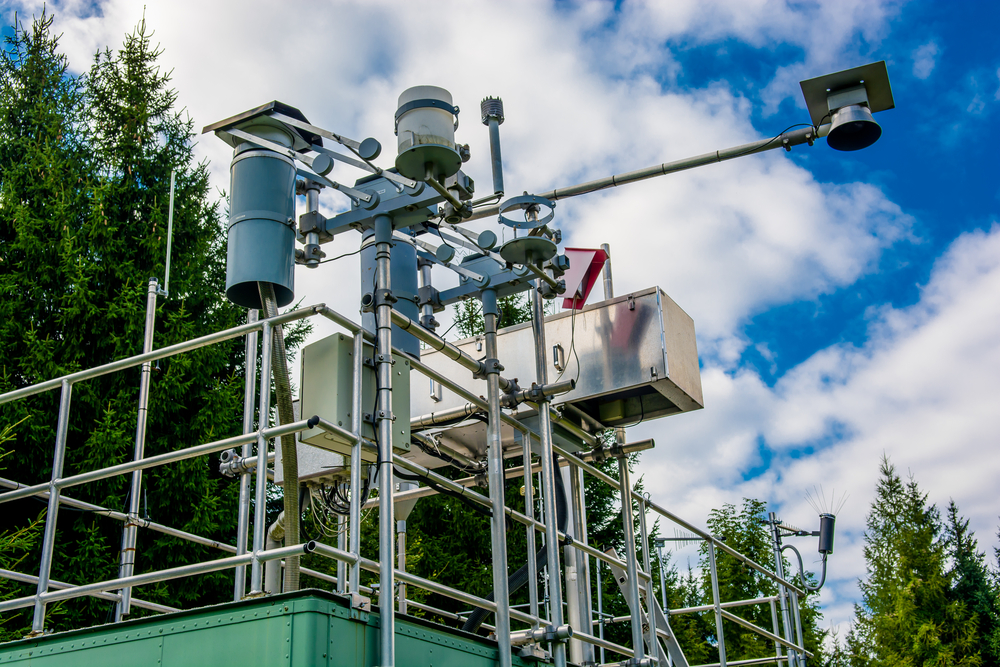Change is in the air!
As of August 28, 2019, the Canadian Federal Government’s overhaul of key environmental laws included in Bill C-69 has come into effect. Replacing 2012’s Canadian Environmental Assessment Act, Bill C-69 implements the new Impact Assessment Act, the Canadian Energy Regulator Act, and the Canadian Navigable Waters Act. Among the many changes included in the new legislation are directives pertaining to the responsible parties for impact assessment, mandates for the process of assessing the environmental health, social and economic effects of designated projects, and a highly increased focused on partnering with Indigenous peoples and advancing reconciliation through conscious engagement. Learn more about key elements of Bill-C69 and what to expect below.
A Fresh Start
As mentioned above, this new legislation effectively overturns the old Canadian Environmental Assessment Act and introduces several new initiatives aimed at providing “better certainty and predictability for companies” as well as a cleaner environment and stronger economy. Bill C-69, entitled The Modernization of the National Energy Board and Canadian Environmental Assessment Agency, replaces the National Energy Board with the Canadian Energy Regulator and has introduced a brand new “Impact Assessment Agency”. This drastically alters how major infrastructure projects are reviewed and approved in Canada, making awareness of these changes imperative for professionals across a multitude of sectors nationwide.
An Evolving Mandate
Since its initial introduction in February of 2018, Bill C-69 has undergone multiple (188) amendments leading up to its implementation in August of this year. The majority of these amendments are focused on providing better clarity, enhancing transitional provisions, establishing refined timelines, addressing the project review process, and providing enhanced transparency where Ministerial decision making is involved. Key amendments include:
- Enabling the Minister of Environment and Climate Change to inform companies early on if a project is likely to have unacceptable negative impacts, allowing them to make an informed decision before proceeding forward with the project.
- Providing better clarity about the scope and outputs of the newly introduced early planning and engagement phase.
- Establishing a new timeline of 300 days for reviews of projects with a life cycle regulator (with a maximum extension to 600 days if warranted).
- Requirements that Agency assessment reports need to include a broader range of information.
- Allowing for integrated review panels that involve federal regulators to cooperate with other
What To Expect
As an extremely recent development in Canada’s regulatory system, the full scope of effects felt by Bill C-69 remain to be seen both by environmental professionals and corporate entities. With new thresholds, methods of evaluation, and standards in place, the relationship between the protection of our natural resource systems and future project development is at a crucial time of evolution.
Partnering with experienced consultants like the team at ESAK Consulting can help ease the transition into new guidelines for stakeholders, while also helping to ensure the success of both current and upcoming projects. With over 25 years experience helping clients in Alberta, British Columbia, and Saskatchewan, we are pleased to partner alongside you to provide environmental assessments for sectors including non-profit, transportation, pipelines, in-situ oil sands, mining, aggregate extraction, midstream and upstream oil & gas sectors, transmission lines, and renewable resources.
Learn more about how we can help your business with Bill C-69 compliance, as well as our extensive list of custom services and training by contacting ESAK Consulting Ltd. today.


Recent Comments